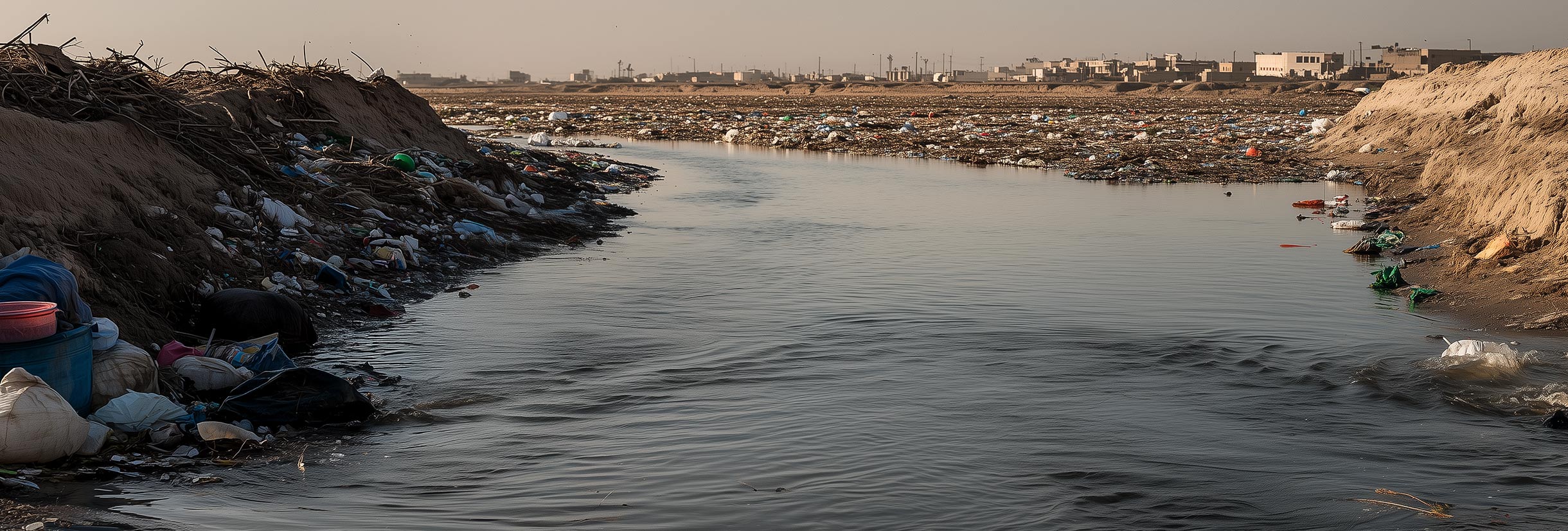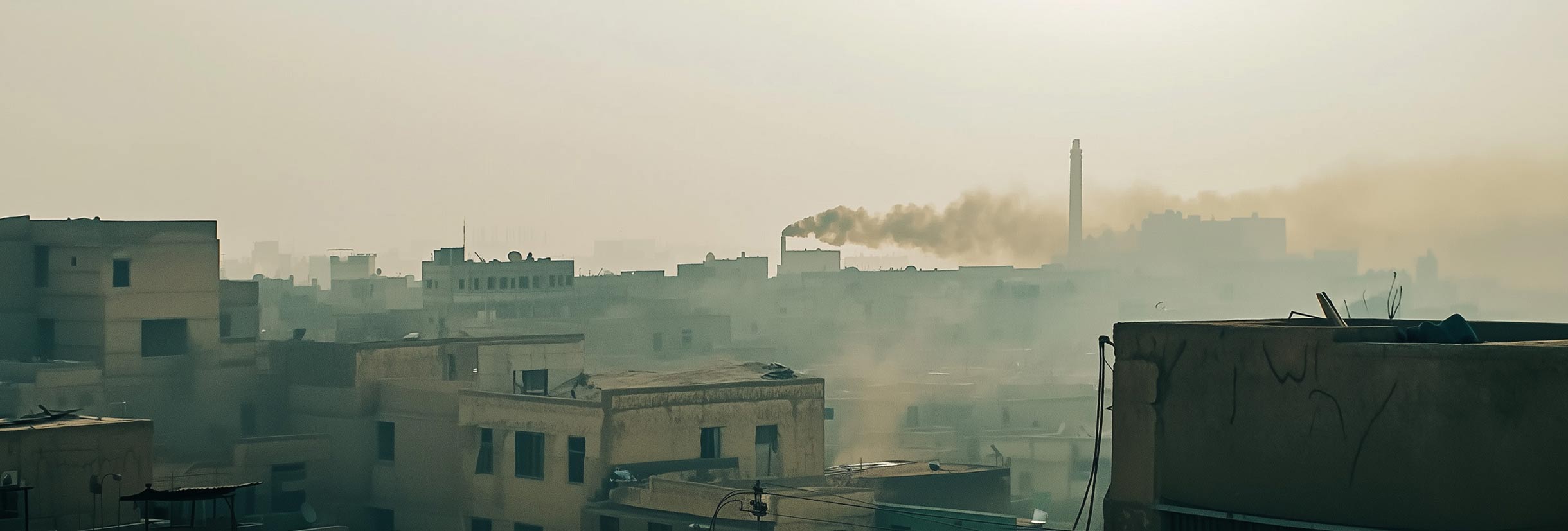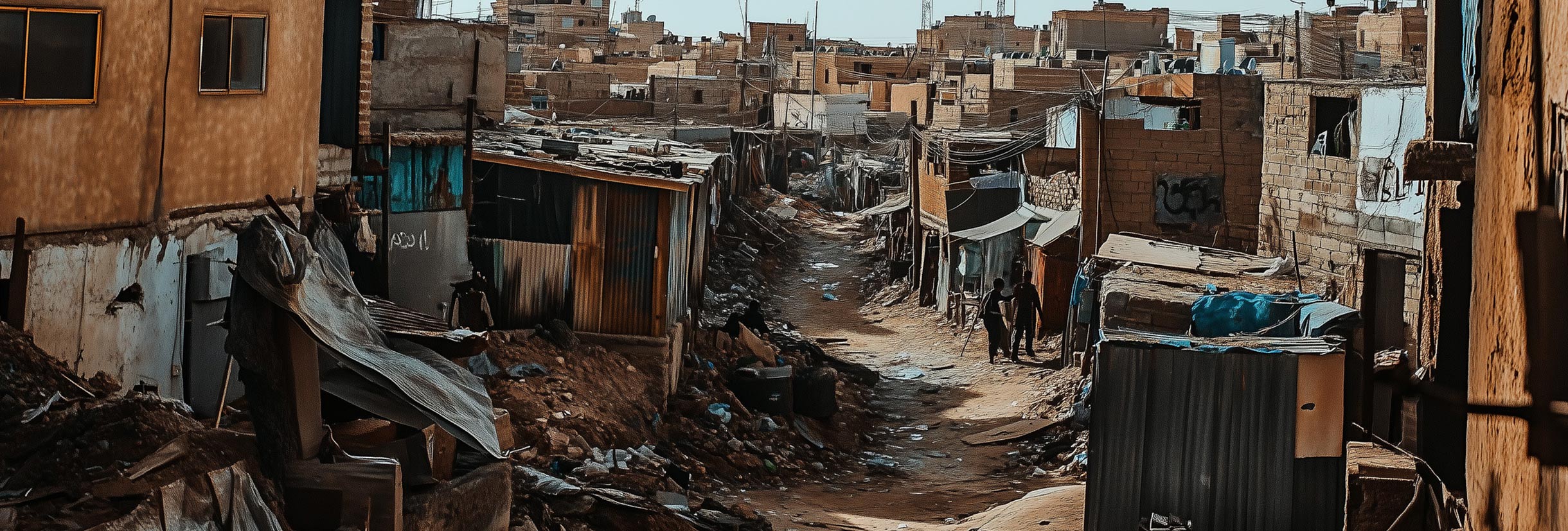The Need for Action
Supporting Libya’s Vision for Sustainable Water Management
Libya’s industrial activities have left a legacy of environmental challenges due to historical practices that impacted water quality and availability. Today, under the leadership of the National Oil Corporation (NOC) and Pavilion Renewables, decisive steps are being taken to address these issues. Through Project Gaia, industrial wastewater is being cleaned and transformed into valuable resources, fostering a cleaner and more sustainable future.
Health Risks
The historical legacy of industrial activities has significantly impacted public health in Libya. Contaminated water sources and polluted air are contributing to widespread health challenges, including respiratory diseases, waterborne illnesses, and developmental risks. By addressing these issues, Libya can pave the way for healthier communities and a more resilient population.
The Risks of Cancer
Industrial pollution has been linked to rising cancer rates in Libya, with air pollution and improper waste management being primary contributors. The government and its partners are committed to mitigating these risks through innovative solutions and sustainable practices.
Financial Costs
The economic toll of industrial pollution extends beyond healthcare expenses. Reduced productivity, trade challenges, and missed investment opportunities underline the importance of sustainable water management initiatives. Libya’s proactive measures are essential to reversing these trends and fostering economic growth.
A Partnership for a Sustainable Future
Libya’s commitment to sustainable water management reflects its vision for progress. Through Project Gaia, Pavilion Renewables and the NOC proudly supports this mission, transforming challenges into actionable solutions for growth and renewal. Together, we are building a brighter future for Libya’s communities and economy.





